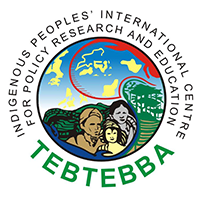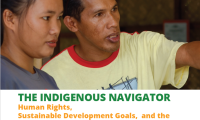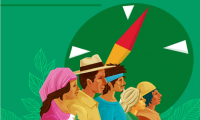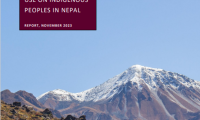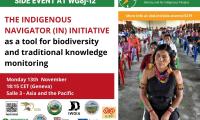The Commission on Human Rights looking at adapting the Indigenous Navigator tools for monitoring in the Philippines
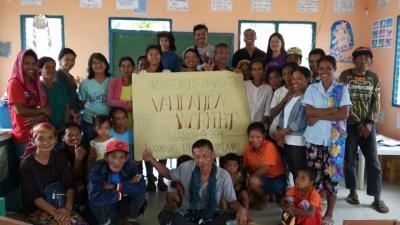
As many other countries with indigenous populations, the Philippines faces the challenge of lack of disaggregated data on ethnicity, which makes it difficult to have a more solid ground for taking action for the respect, protection and fulfilment of the rights of indigenous peoples.
The ground implementation of the Indigenous Navigator Initiative in the Philippines is carried out by the organisation Tebtebba. The project kicked off last August with the national inception meeting with the representatives of the Ugnayang Pambansa para sa Katutubong Kaalaman at Talino (UPAKAT), a national network of indigenous organisations, indigenous peoples organisations and indigenous political structures for the promotion, transmission and protection of traditional knowledge. Six members volunteered to apply the community survey tool in their communities and the data gathering team were identified, mostly youth, to be trained as data-gatherers.
Although there are several reports on the human rights and development situation in the Philippines, the very lack of disaggregated data showing the near-to-actual population of indigenous peoples makes it an educated guess to come out with plans, actions, interventions. The Indigenous Navigator tools, however, do not necessarily address this but the community survey can help in generating ground data which the community itself generates. Thus, at the community level, which to us is the most important, there is already concrete evidence which helps them analyse their conditions, and use these to transform their situation.
"Learning-by-doing is the approach we have taken to have both long-term learning impact and build ownership of any intervention identified by the community", explains Bernice See, the country coordinator of the initiative in the Philippines.
Collective discussions and gathering of data
So far, inception workshops were carried out in 6 main areas involving more than 300 participants. Around 71% of those trained are indigenous youth, which is positive as it provides them an opportunity to learn more about the situation of their community and indigenous peoples in general. The participants of the inception workshops and training belong to the indigenous groups Erumanen ne Menuvu, Talaandig, Lambangian, Teduray, Mandaya, Agusanon Manobo, and Tagbanua.
Concretely, through the community workshops, the shared experience of discrimination in schools, the public market and transportation, and health facilities, was collectively discussed, not through individual sharing. This helped the communities process this collective experience against them as a people which they experience as an individual, reflect on their right not to be discriminated simply because they are different, and reaffirm their pride in being different, in their being indigenous.
Even though results have yet not been collated, the Commission on Human Rights in the Philippines is looking at adapting and contextualising the Indigenous Navigator tools for their Human Rights Observatory. Tebtebba and the Commission on Human Rights in the Philippines have yet to sign an agreement to formalize the partnership.
